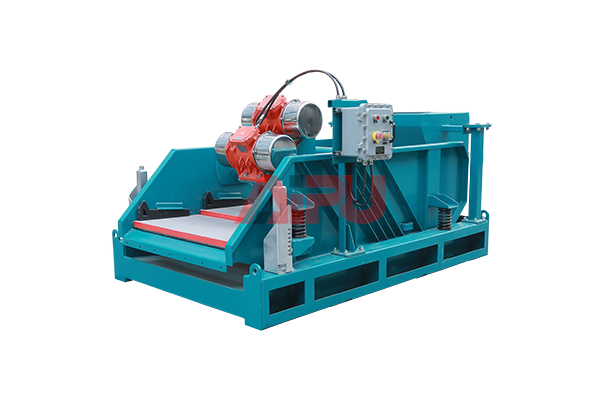Why is the Principle Analysis Important for Solids Control Systems?
Understanding the principles behind solids control systems is crucial for optimizing drilling operations. These systems play a vital role in removing unwanted solids from drilling fluids, ensuring efficiency and safety. Without a deep grasp of their working mechanisms, operators risk subpar performance, increased costs, and potential equipment failures.
Solids control systems rely on multiple stages of separation, each designed to target specific particle sizes. The process typically begins with shale shakers, which remove larger cuttings, followed by desanders and desilters for finer particles. Finally, centrifuges handle ultra-fine solids that other equipment cannot capture. Each component must work in harmony to maintain fluid properties and prevent damage to downstream equipment.

Principle analysis helps identify the optimal configuration for specific drilling conditions. Factors like formation type, drilling fluid properties, and desired penetration rates all influence system design. By understanding the underlying physics of particle separation, engineers can adjust parameters such as screen mesh size, flow rates, and G-forces to maximize efficiency.
Proper principle analysis also enables predictive maintenance. When operators comprehend how wear affects separation efficiency, they can schedule component replacements before performance degrades. This proactive approach reduces unplanned downtime and extends equipment lifespan. Vibration analysis on shale shakers, for example, can reveal bearing wear long before catastrophic failure occurs.
The financial implications of principle understanding are significant. Optimized solids control reduces fluid losses, minimizes waste disposal costs, and decreases the frequency of total fluid system replacements. These savings often justify the investment in training and advanced monitoring systems. Furthermore, efficient solids removal protects expensive drilling components like pumps and bits from premature wear.
Environmental considerations also benefit from thorough principle analysis. Modern regulations demand responsible handling of drilling waste. Systems designed with a complete understanding of separation principles achieve higher recovery rates of reusable fluids while producing drier cuttings for disposal. This reduces the environmental footprint of drilling operations while maintaining compliance.
If your project requires solids control equipment, choose Aipu Solids Control for your best solution.
